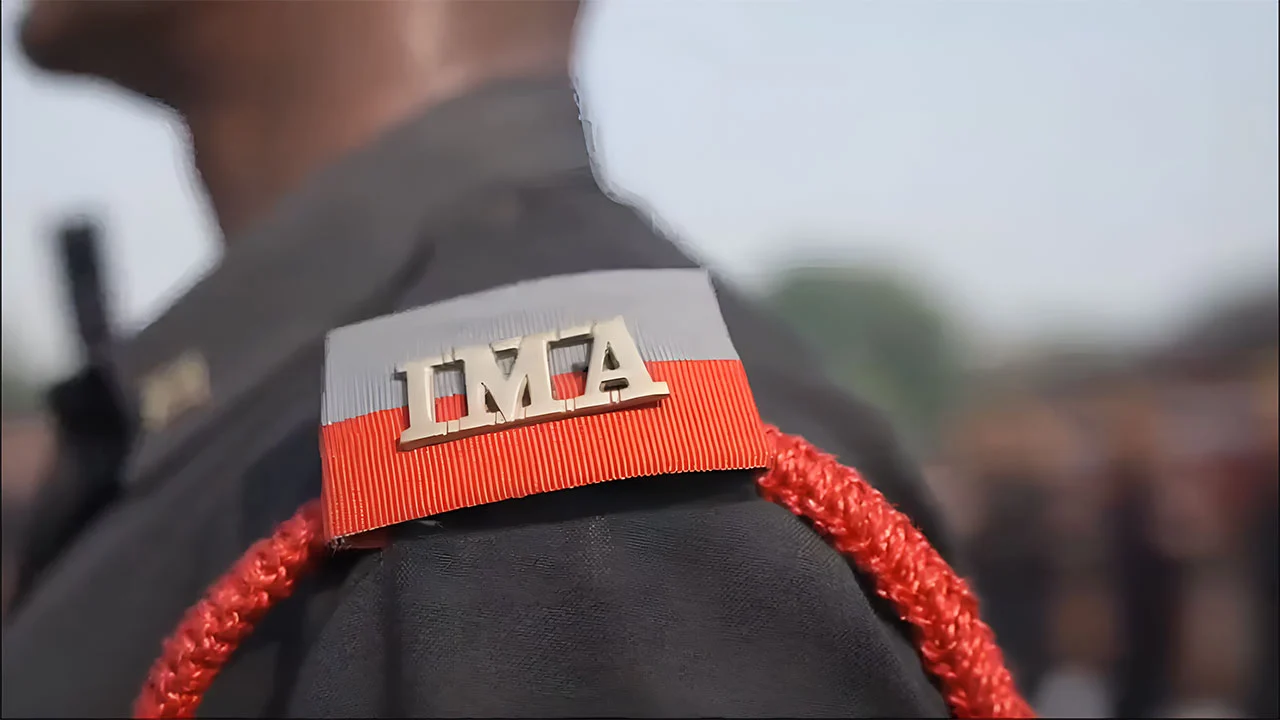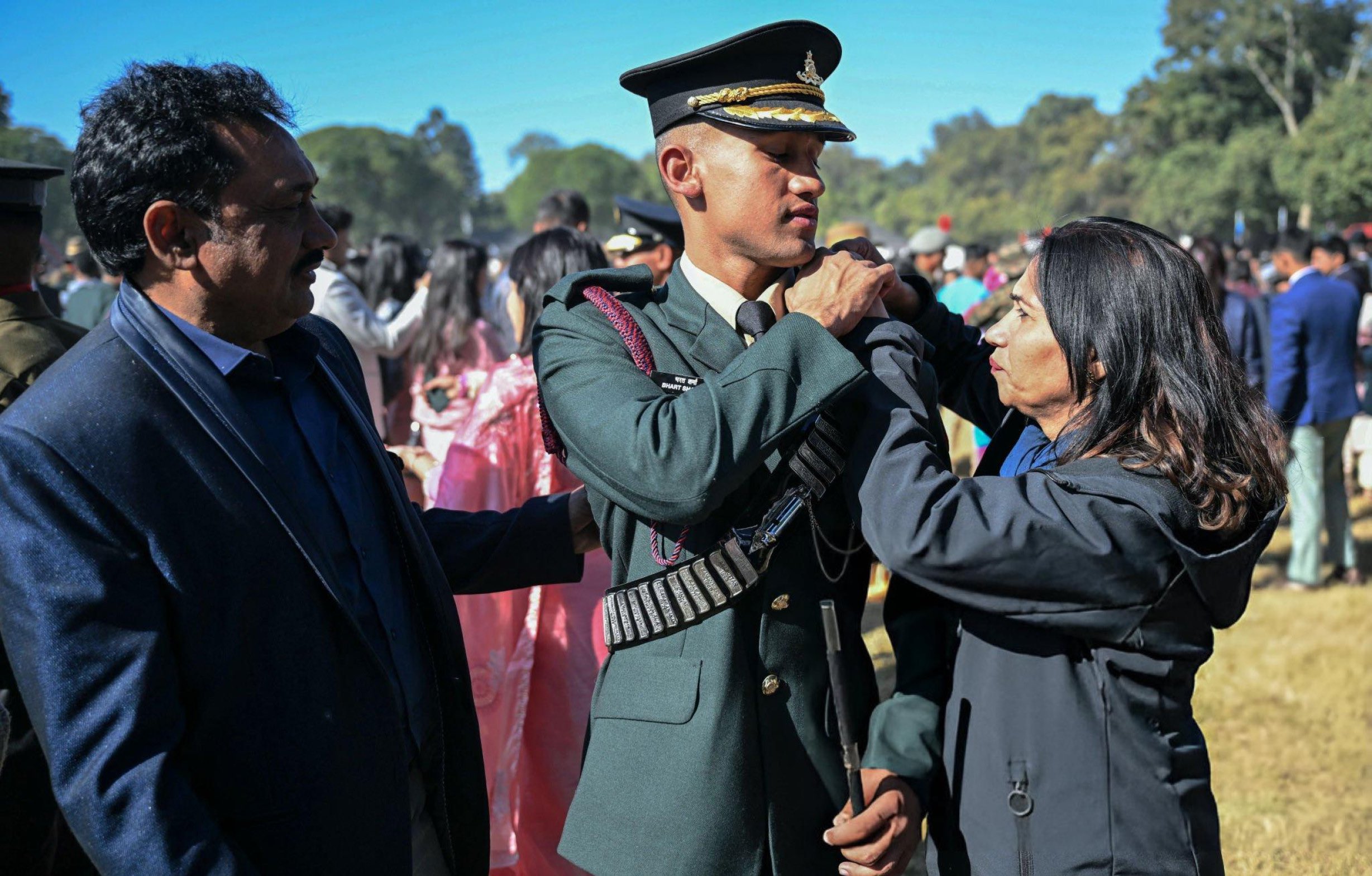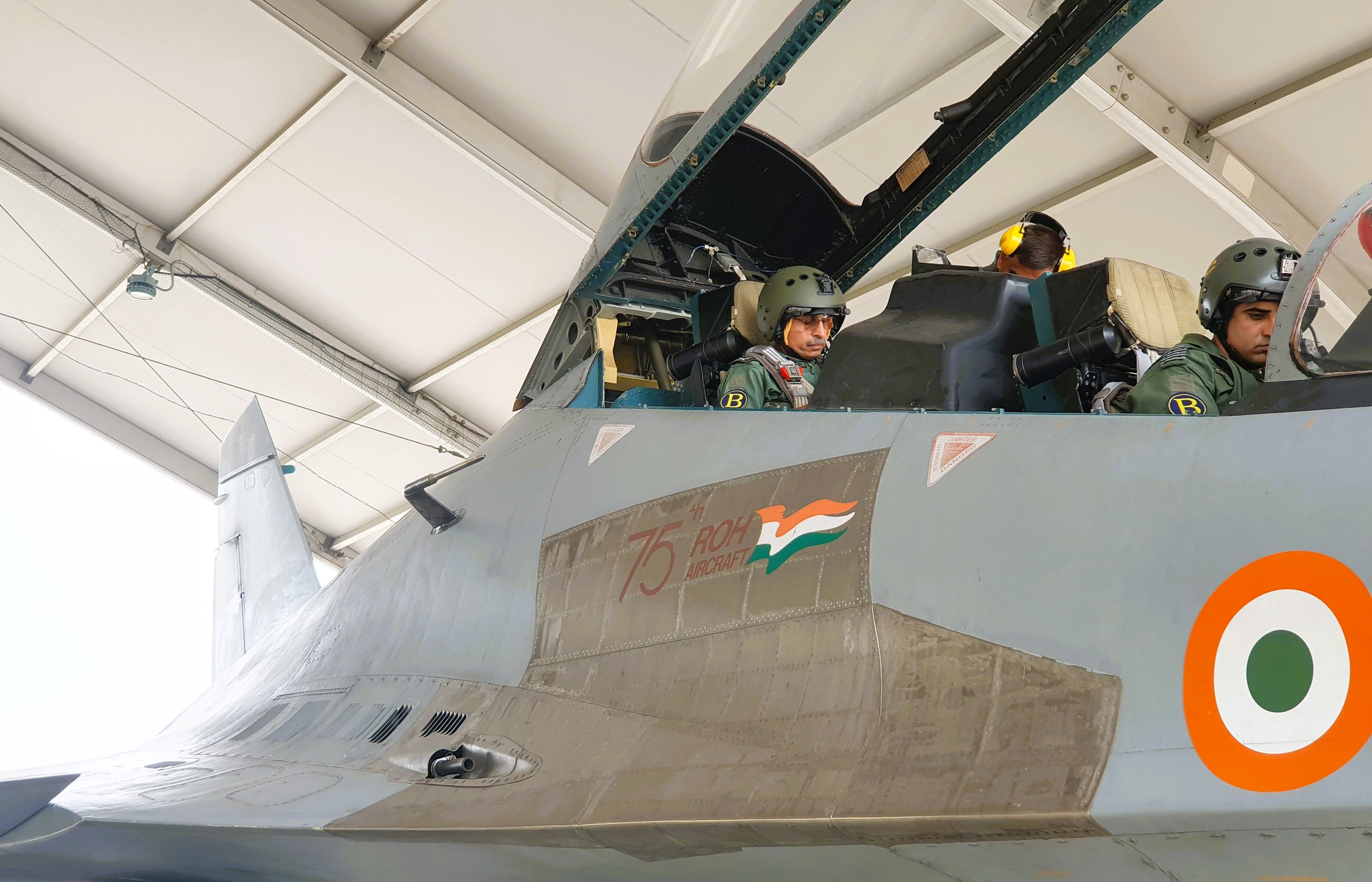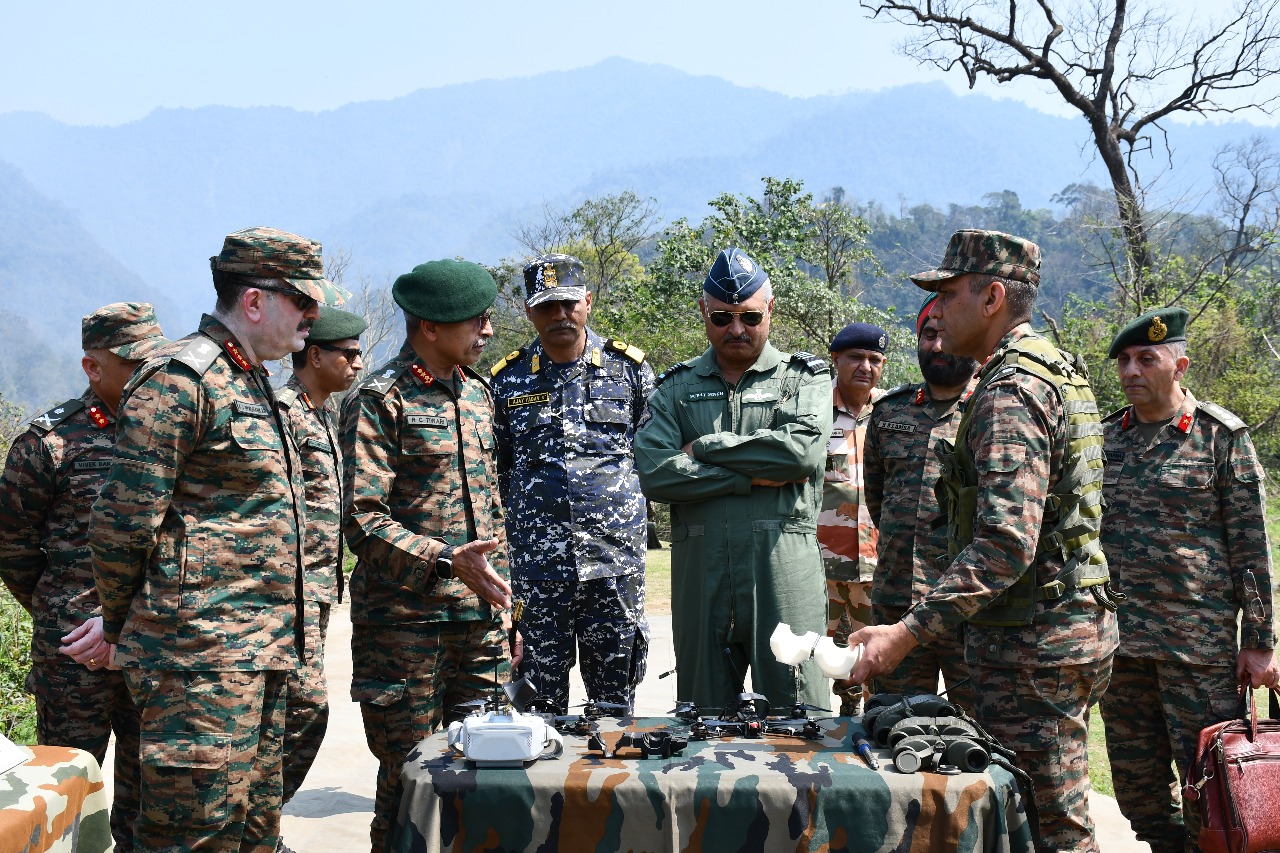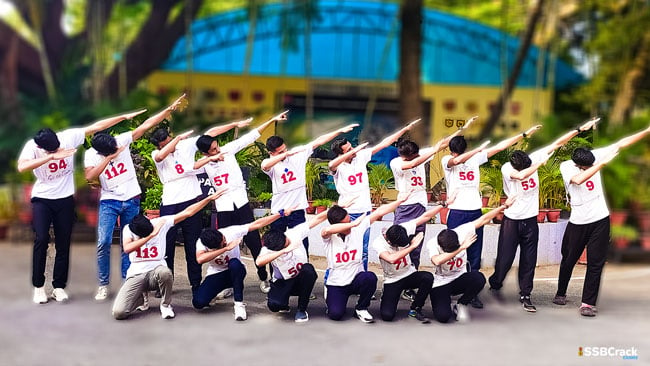I spent years waiting for the day I graduated from school so I could join the Indian Army. I spent seven years preparing—spending weekends learning martial arts, shooting, trekking, training, and excelling at the National Cadet Corps.
Fast forward four years—after a graduate degree in applied physics, and a six-day-long interview process in Allahabad—I finally got a call letter to join the prestigious Indian Military Academy (IMA) in Dehradun.
I spent months there, strengthening my strengths and diminishing my weaknesses. But then disaster struck. I broke my leg and lost the opportunity to serve 2nd Para—the commandos regiment—one of the toughest to get into.
But the gentleman and the officer never left my soul. I lived like an army officer, out of uniform.
You fight for what you believe in and you need an army of believers to achieve it. Your passion is always a war within you. The army and startups have a lot common—things that are important to both; leading 180 soldiers in war and peace or creating a startup team that will challenge the status quo.
1. Fieldcraft
One of the things I loved learning in the academy (and trying my best in startups) is fieldcraft. It’s a basic requirement to be a good soldier and a good entrepreneur.
So , what is fieldcraft?
Fieldcraft is the basic military skill to operate stealthily and the methods used to do so, which can differ during day or night and due to weather or terrain.
These skills include camouflage, land and water navigation, understanding the difference between concealment from view and cover from small arms’ fire, using the terrain and its features to mask ground movement, obstacle crossing, selecting good firing positions, lying up positions, camping positions, effective observation, camouflage penetration, counter-surveillance, detecting enemy-fire directionality and range, survival, evasion, and escape techniques.
Good fieldcraft is especially important for the effectiveness and survival of infantry soldiers, snipers, special forces, reconnaissance and sabotage teams. Efficient fieldcraft is only possible by spending time, effort, and attention to memorize battlefield details, infiltration and escape routes, construction and employment of hiding positions, enemy force doctrines and equipment.
Much like bootstrapping, eh?
2. Obey first
I think this is the first thing my trainers taught me. Your second names and schools don’t matter. You better obey before you command. It is an important part of the process. If you are not mentally ready to start a startup, work with one. You’ll notice the difference. It’s easier to lead and be respected by a bigger audience once you put your feet in their shoes.
3. Titles don’t matter
One of the many things I learned in the army, and while working in and with startups, is that job titles don’t matter. You are going to war with a soldier (who is not an officer) who has spent 30 years in the army, which means he has 30 years of knowledge on tactics and strategy. You, however, are just a young 21-year-old officer, with some magna cum laude in military strategy and a masters degree in advanced leadership. Working with a knowledgeable team is a blessing in a startup. Listen to them, allow freedom to speak, understand the context—you are ready to scale.
4. First, your country, your startup, the people you command

This is the wisdom I follow, it sits proud on a wall in my home. It is from the first passing-out commencement speech made by Field Marshal Philip Chetwode, the founder of the Indian Military Academy.
5. Honest and brutal feedback
One of the things the army and its establishments are famous/infamous for is training. Some people say it’s brutal, a no-mercy-kind-of-place. I think it is imperative. To train future leaders, honest and brutally honest feedback while you learn is extremely important. In war, there aren’t too many opportunities to make a wrong decision and get away with it.
To crack the AFSB and SSB interview, we recommend you to get “Let’s Crack SSB Interview” book from Amazon.
Download eBooks:
6. Focus, discipline
As a startup, you are always listening to the market and customer—sometimes it is tough to keep the focus. You add more features, you cut some. You are a fan of one of the most abused words called “pivot” and do things because you like the word “pivot.” Stop. Focus.
7. Be a ‘T’ individual, specialisations are for insects
One thing you learn at the IMA is that specialisation is for insects. You need to master at least five or six verticals—like we all do in our own startups. As founders, we even do goddamn accounting. Be a ‘T’ individual—be vertically knowledgeable at one skill—and excel at it. Be good at a bunch of other skills, too, even if it is an inch deep.
8. Speak less, do more
That.
9. Listen to everyone, but trust your own judgment above all
Because you know your business, more than your investors and the press.
10. Gentleman. Officer. Entrepreneur.
Like the army, entrepreneurship is not a career. It is a way of life.
source: Medium.



